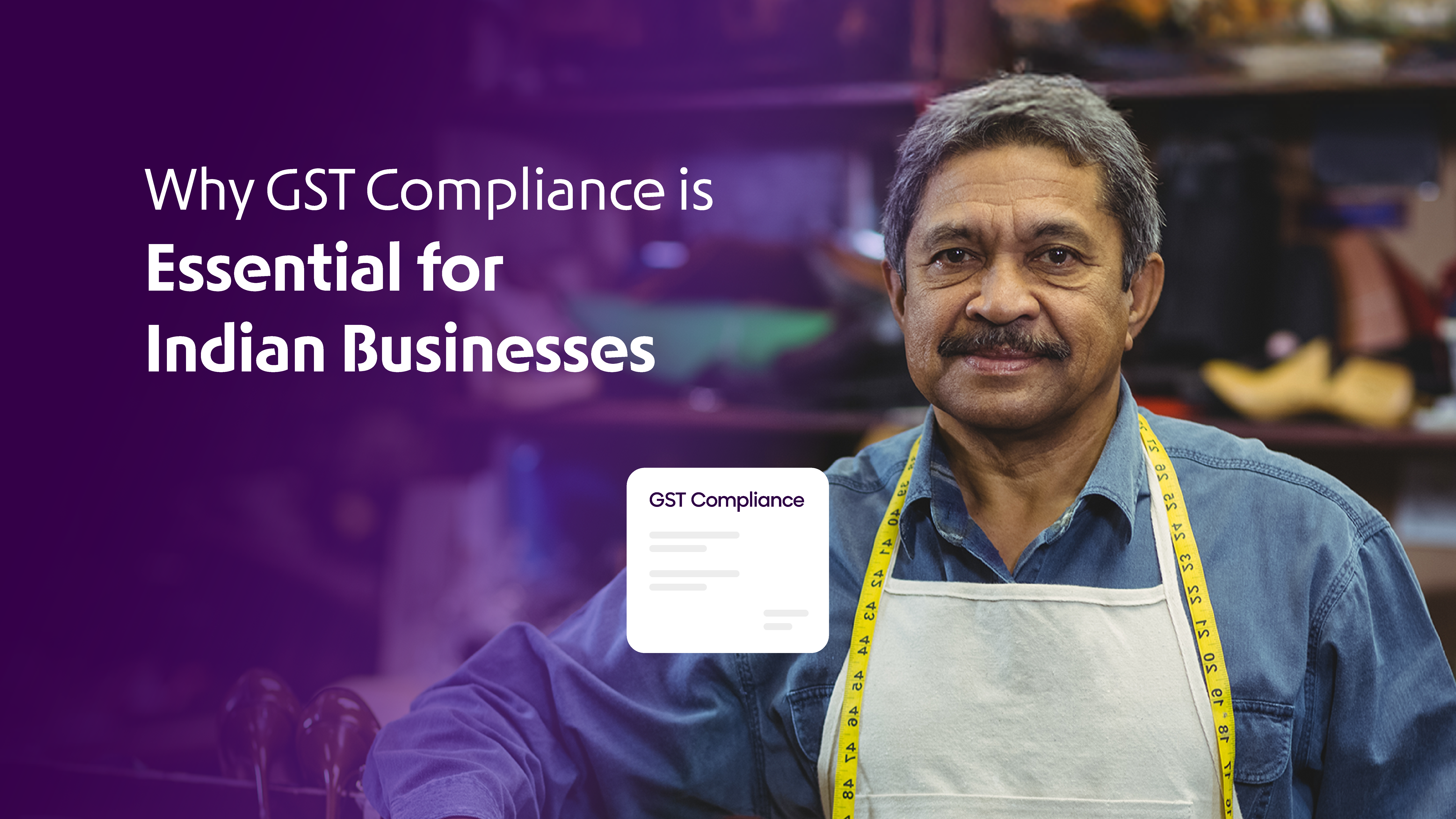Tax returns are vital in business loan applications, providing lenders with essential information about a company’s financial performance. For many businesses, especially new ventures or those with incomplete records, providing detailed tax returns can be challenging. However, this limitation doesn’t automatically disqualify you from obtaining business financing. Various alternative options exist for businesses seeking loans without tax return documentation.
Why Tax Returns Matter?
Traditionally, lenders rely heavily on tax returns because they provide verified proof of your business income, expenses, and overall financial health. These documents help lenders calculate important ratios like your debt-to-income ratio and assess your ability to repay the loan. Tax returns are particularly valuable because they’re official documents filed with the government, making them highly credible.
However, the business lending landscape has evolved. Modern lenders increasingly recognize that tax returns aren’t the only indicators of business health, especially in today’s dynamic market, where traditional metrics often fail to provide a full picture.
Alternative Business Loan Options
- Alternative lenders
The rise of fintech has revolutionized business lending. Online lenders and financial technology platforms often take a more holistic approach to assessing business health, looking beyond traditional documentation. These lenders typically offer faster approval processes and more flexible requirements, though they may charge higher interest rates.
- Revenue-based financing
This innovative financing option focuses on your business’s revenue rather than profits. Lenders look at your monthly sales data to determine loan amounts and repayment terms. This can be particularly beneficial for businesses with strong sales but complex tax situations.
- Merchant cash advances
For businesses with consistent credit card transactions, merchant cash advances provide quick access to capital. The advance is repaid through a percentage of your daily credit card sales, making it an adaptable option for seasonal businesses.
- Collateral-based loans
If you own valuable assets – whether business equipment, real estate, or inventory – you can leverage these as collateral. These secured loans often offer more favorable terms since the lender’s risk is reduced by the collateral.
Strengthening Your Application without Tax Returns
Success in securing a loan without tax returns depends on building a compelling alternative case for your creditworthiness. Here’s how:
- Maintain detailed business bank statements showing consistent revenue and responsible cash management.
- Build and maintain a strong personal and business credit score.
- Develop a comprehensive business plan that demonstrates market understanding and growth potential.
- Document your revenue streams through point-of-sale data, invoices, and contracts.
- Prepare professional financial statements, including profit and loss statements and balance sheets.
Understanding the Risks
While alternative lending options provide valuable opportunities, they come with considerations:
Interest rates typically run higher than traditional bank loans, reflecting the increased risk lenders take on without tax documentation. Repayment terms often span shorter periods, potentially creating higher monthly payments. Additionally, some lenders may require personal guarantees or collateral to secure the loan.
Be particularly vigilant about predatory lending practices. Research lenders thoroughly, read all terms carefully, and watch for red flags like pressure tactics or unclear fee structures.
Conclusion
The absence of tax returns doesn’t close the door on business financing – it just means taking a different path. Today’s lending landscape offers numerous alternatives for businesses to secure the capital they need. The key is presenting a strong financial profile through other means and choosing the right financing option for your specific situation.
Remember that while alternative lending solutions can provide immediate relief, developing robust financial documentation practices, including proper tax filing, will open more financing doors in the future. Consider consulting with a financial advisor to explore your options and develop a strategy that aligns with your business goals.
FAQs
Can I qualify for a business loan without tax returns if my business is new?
Yes, many alternative lenders offer financing options for startups based on revenue projections, personal credit history, and business potential rather than tax returns.
Which loan option is best if I have strong sales but no tax returns?
Revenue-based financing or merchant cash advances may be ideal, as they focus on your monthly sales rather than tax documents.
Do alternative loans have higher interest rates than traditional bank loans?
Generally, yes. Since lenders take on more risk without tax returns, interest rates and fees tend to be higher than conventional loans.
What documents can I provide instead of tax returns to strengthen my application?
Business bank statements, profit and loss statements, balance sheets, cash flow statements, invoices, and a solid business plan can help demonstrate your financial stability.


